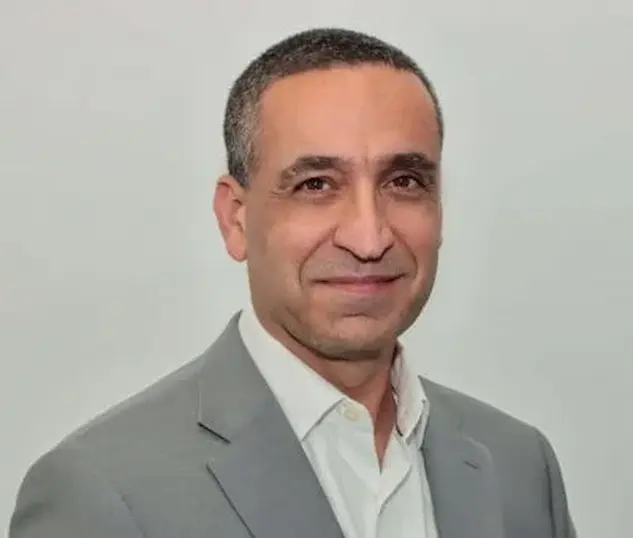The Western Balkans ESG Conference 2025: From Regulation to Culture in a Region Under Climate Stress
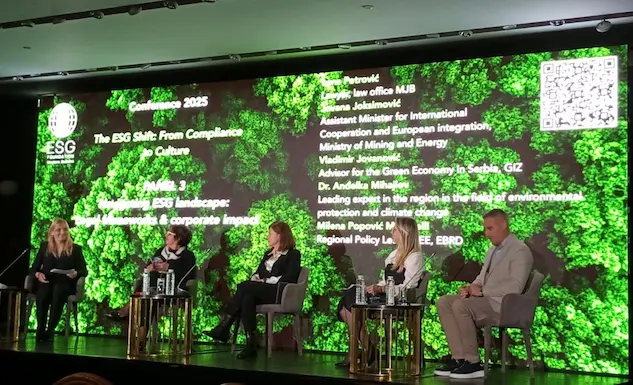

Microsoft is deepening its commitment to nature-based climate solutions with a new investment in Pantheon Regeneration through the company’s Climate Innovation Fund. The partnership aims to accelerate commercial-scale restoration of U.S. peatlands, ecosystems among the most carbon-dense on Earth, and…
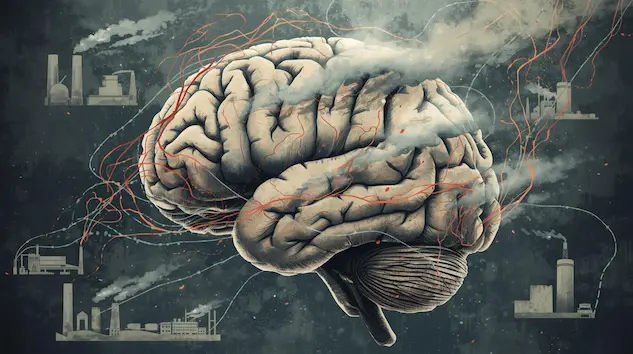
The European Parliament has endorsed a 90% emissions reduction target for 2040, thereby strengthening the EU’s climate ambition on its path toward achieving full climate neutrality by 2050. In a vote held on Thursday, MEPs approved an amendment to the…

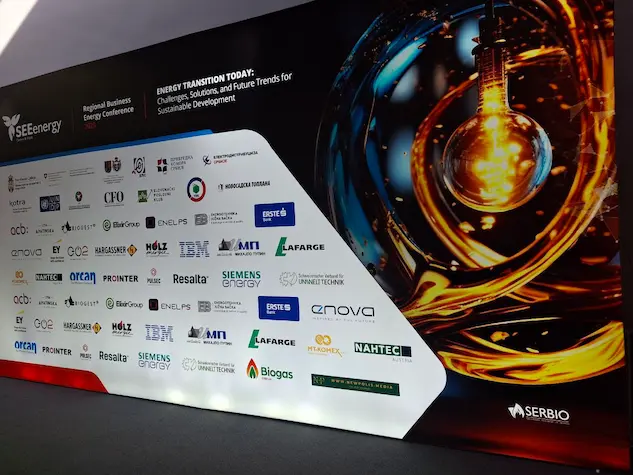
The Western Balkans’ path toward a cleaner, more resilient, and competitive energy future took the spotlight at SEE ENERGY 2025 – Connect & Supply, held in Novi Sad (28–29 October 2025). The two-day international forum brought together more than 350…
Today marks the opening of the 30th UN Climate Change Conference (COP30), taking place from 6-21 November 2025 in Belém, Brazil. The summit will assemble heads of state, scientists, non-governmental organisations and civil society representatives from around the globe to…
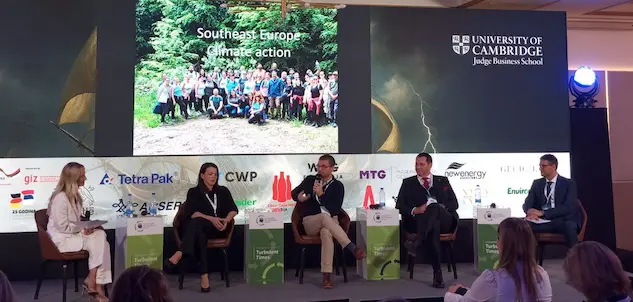
Researchers at the University of Warwick have revealed that even as robotaxi systems approach Level 4 autonomy, remote human operators remain indispensable to maintain safety in edge cases and unexpected scenarios. As reported by Future Transport News, At InCabin Europe…
